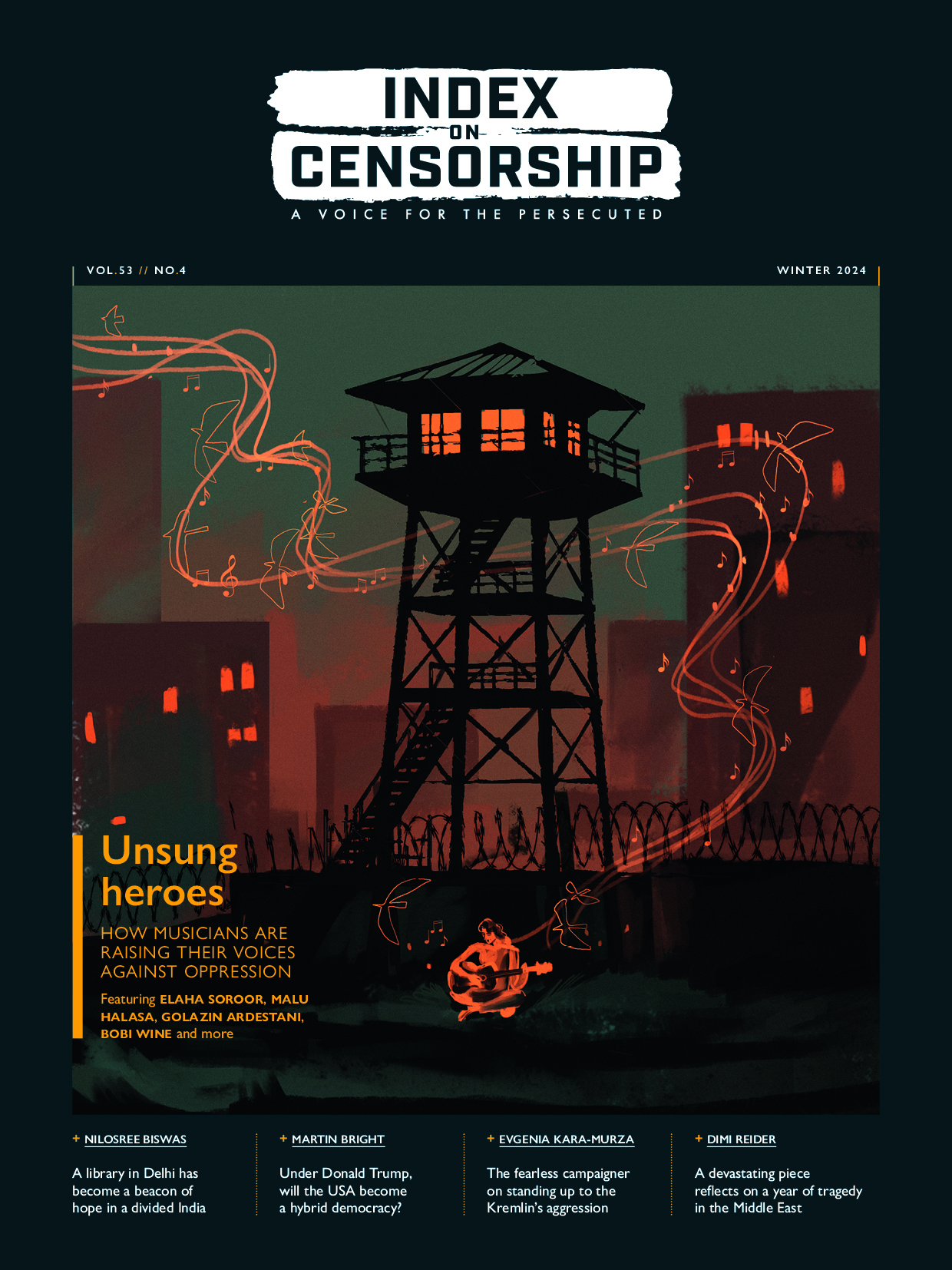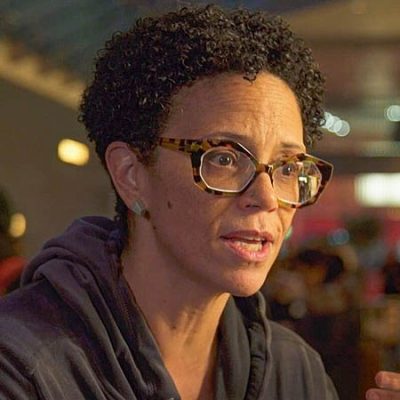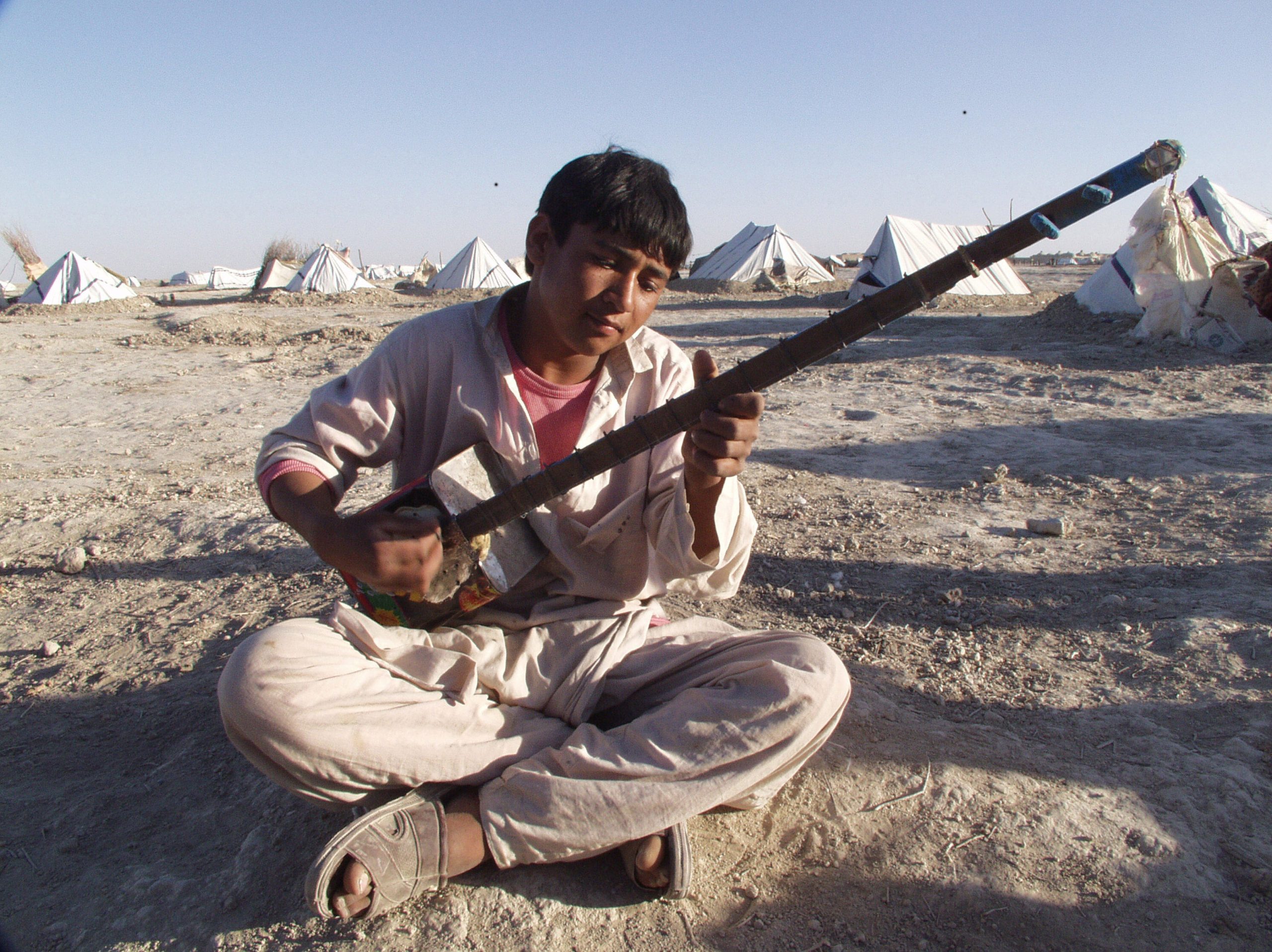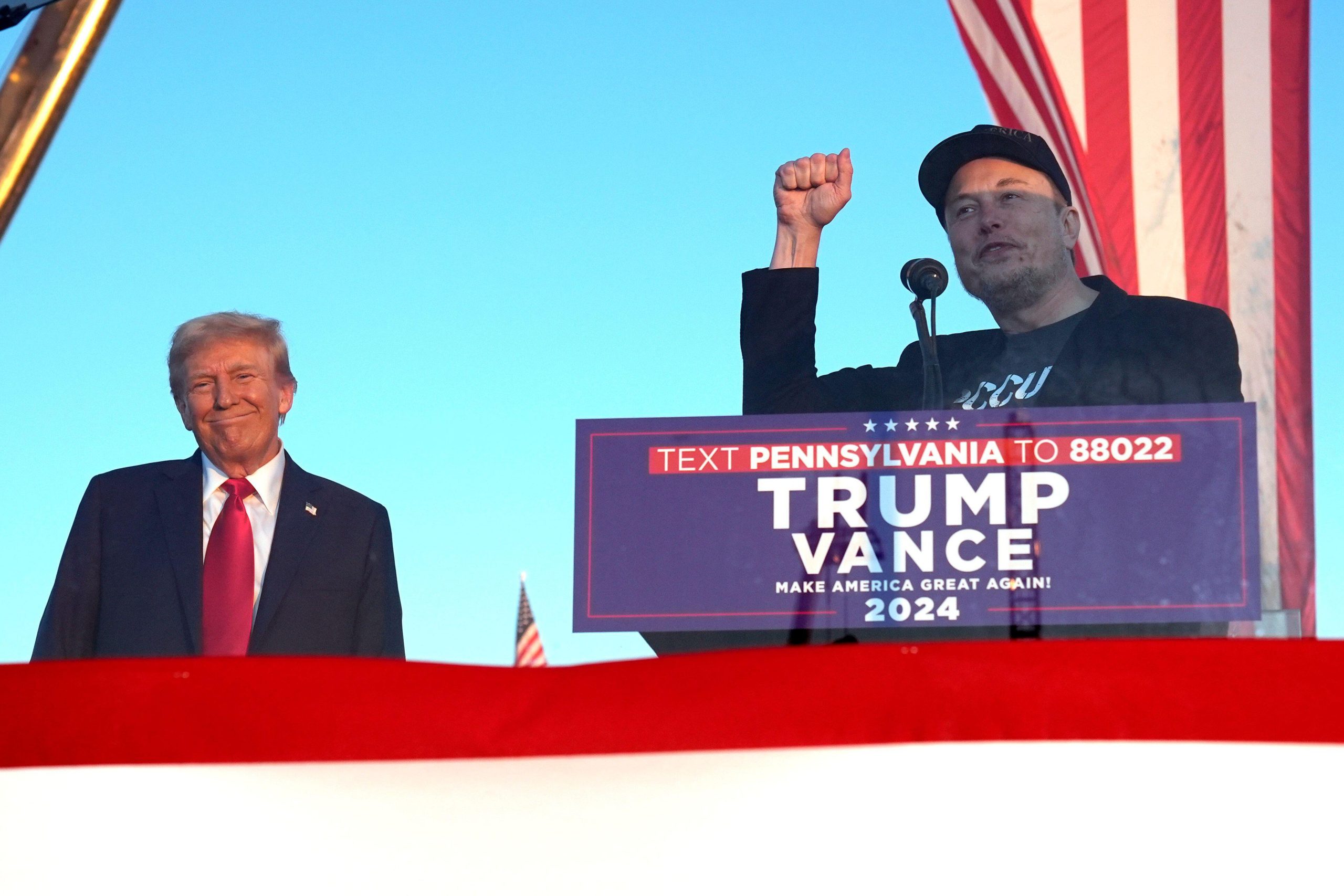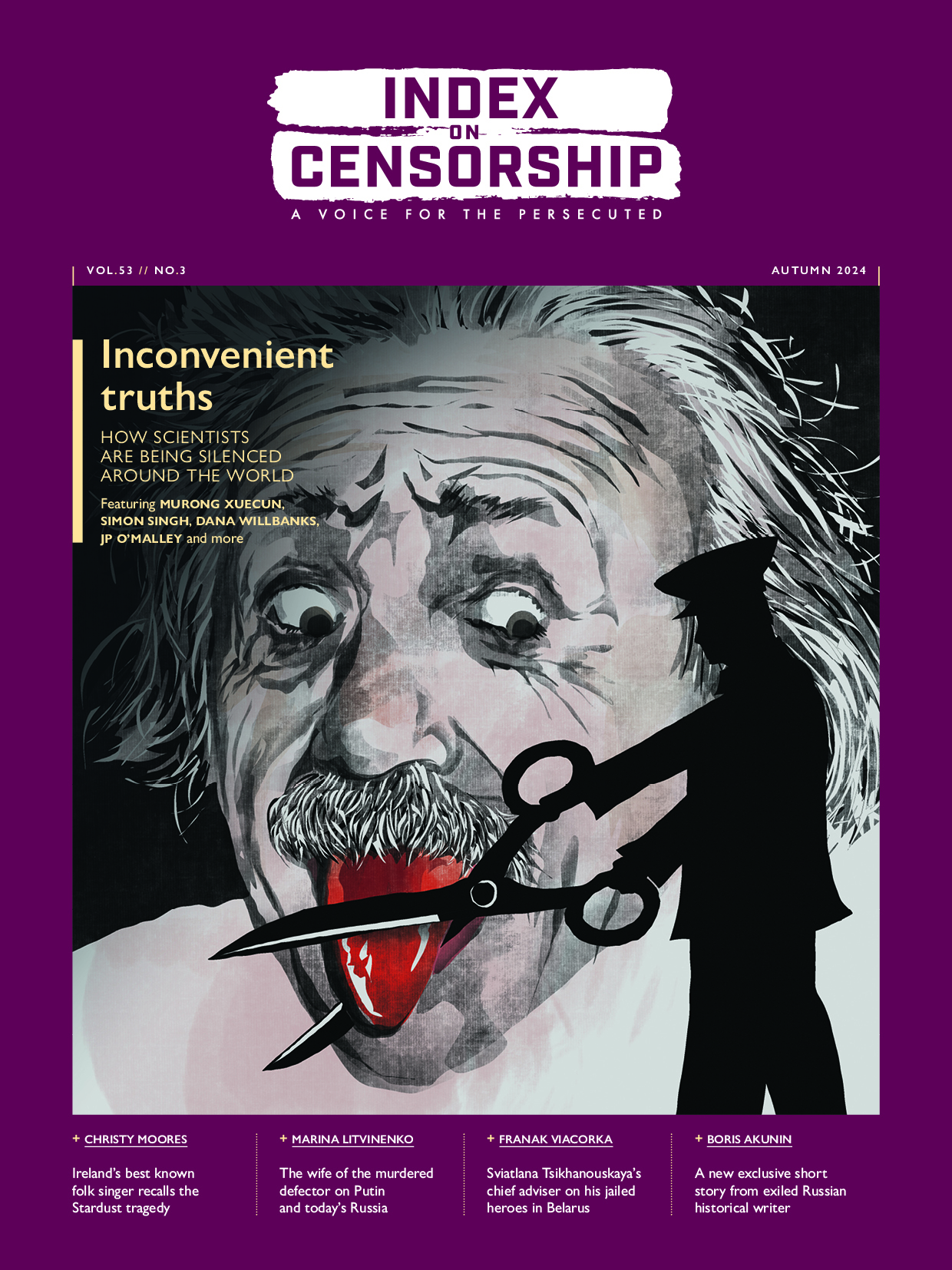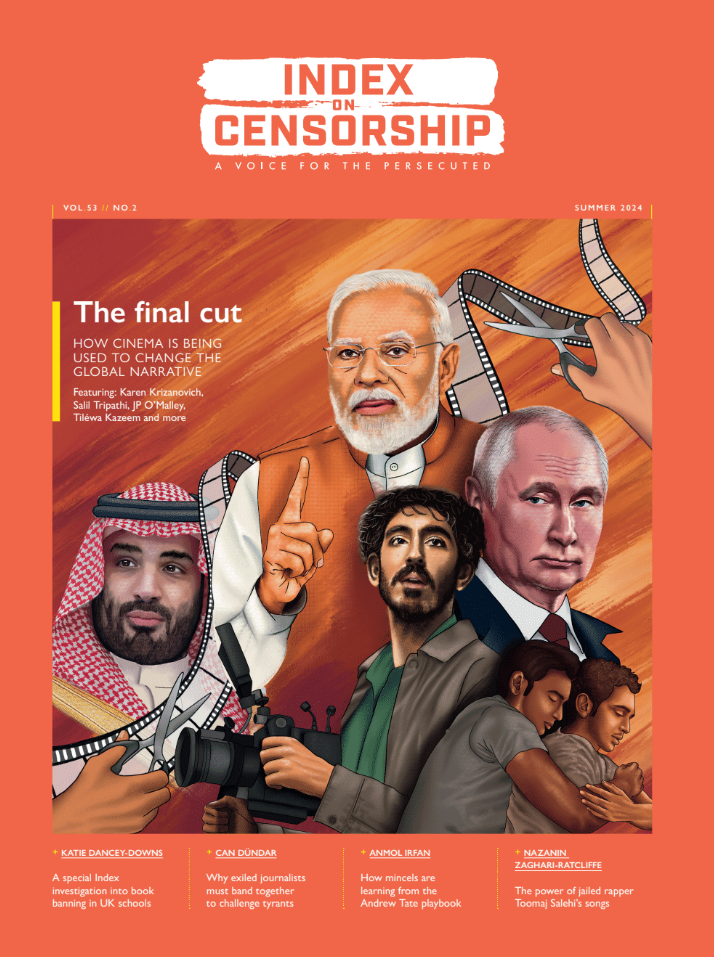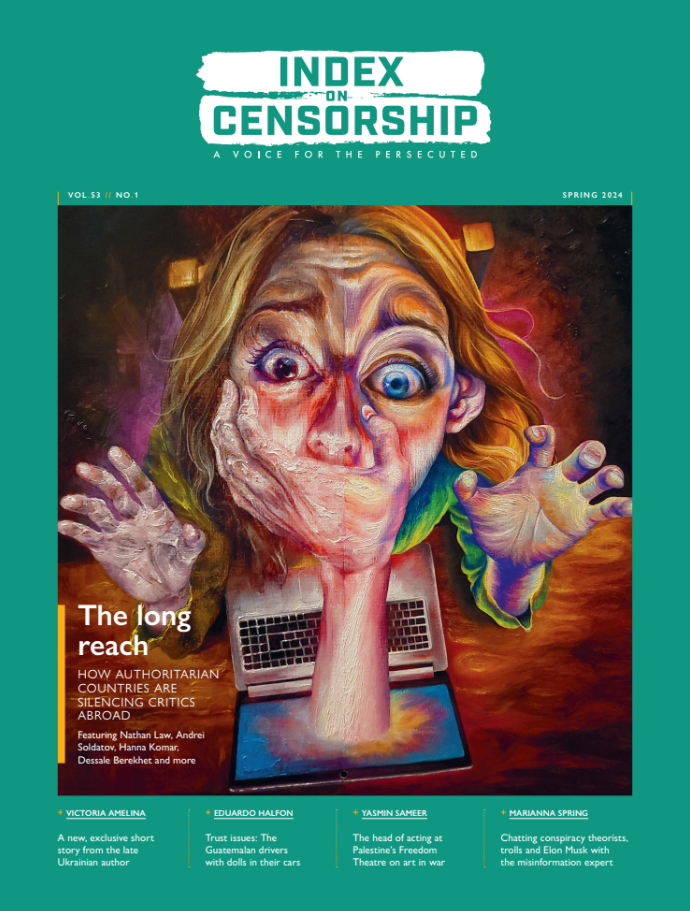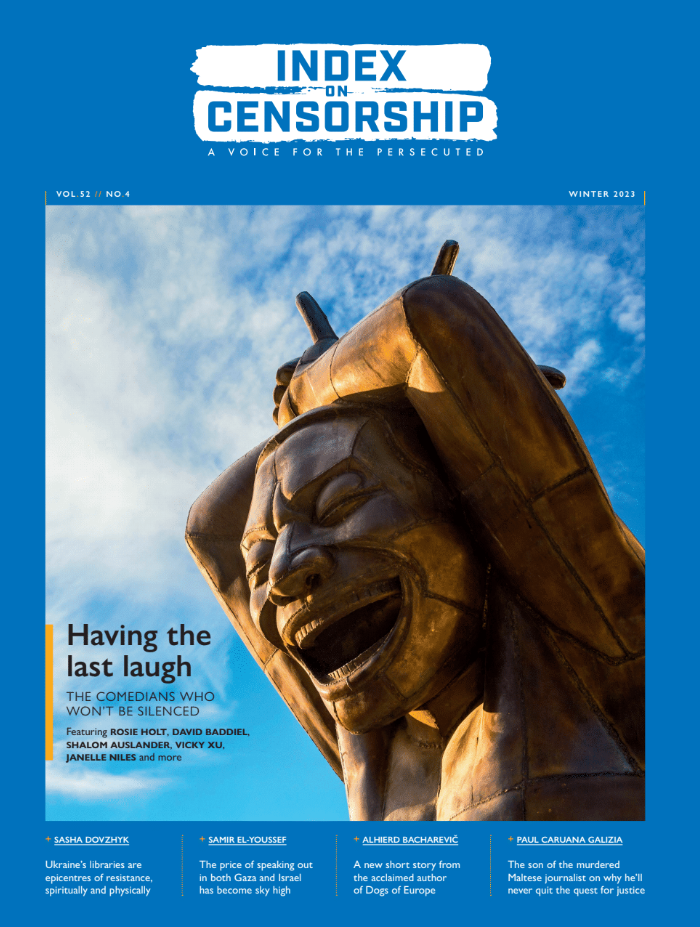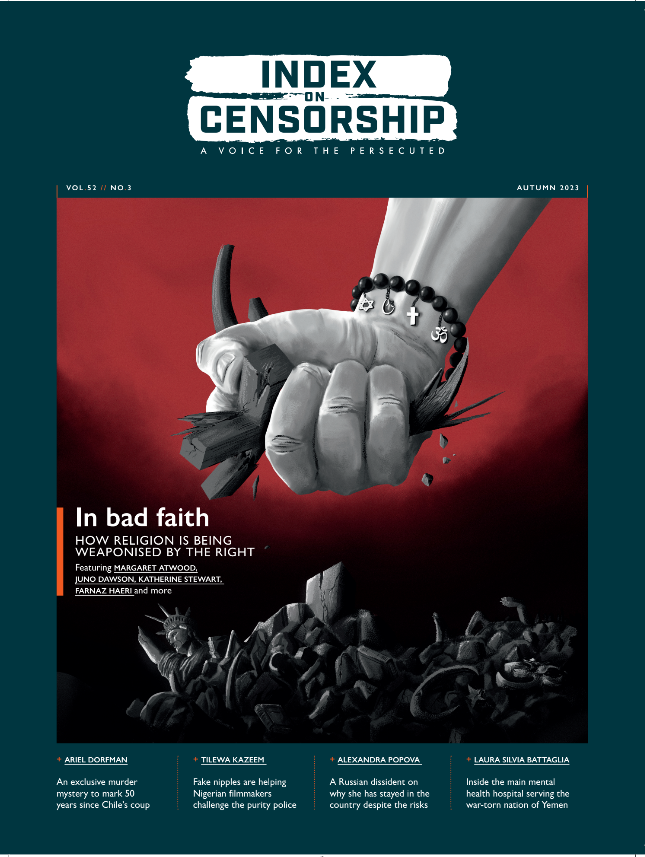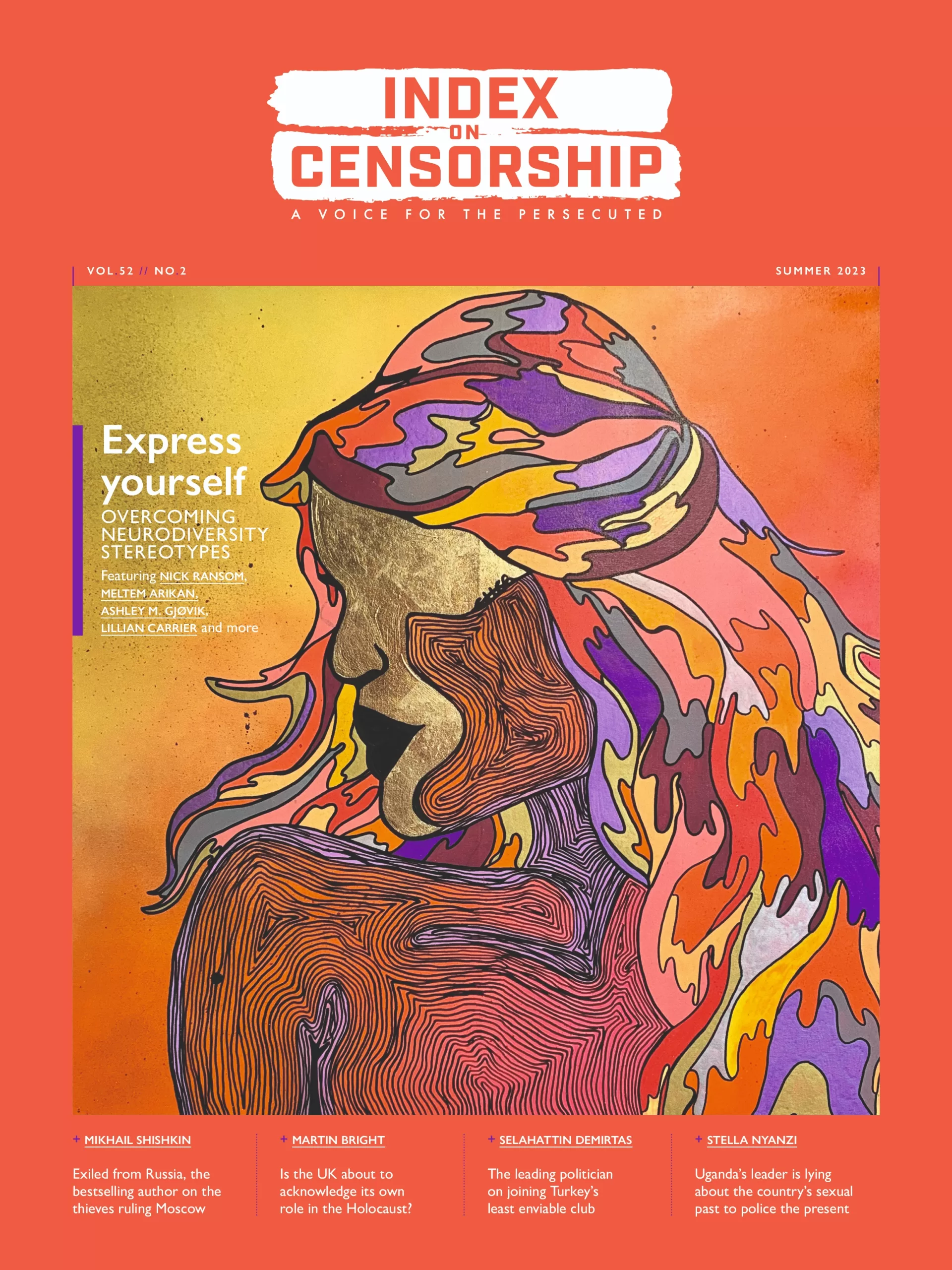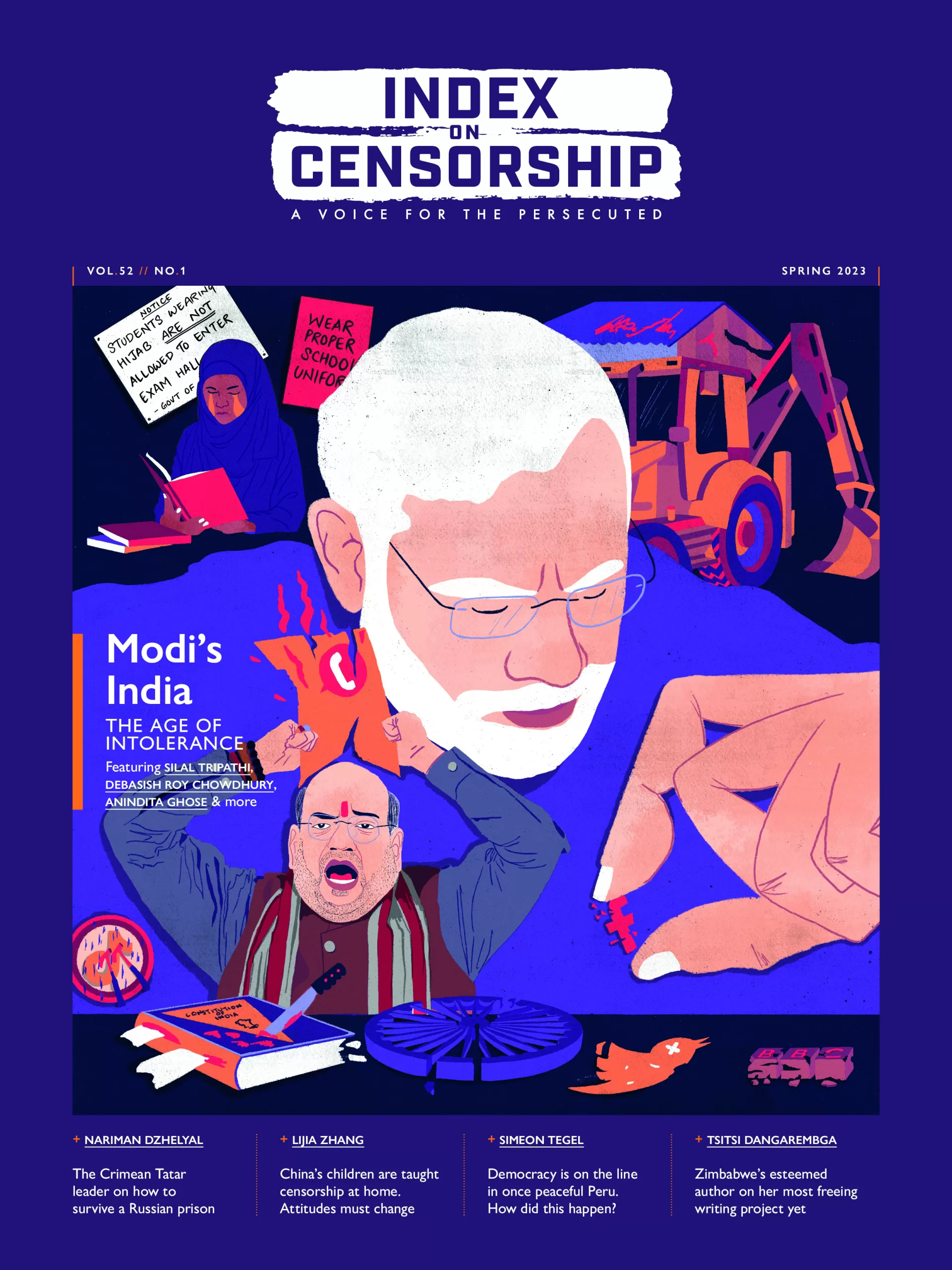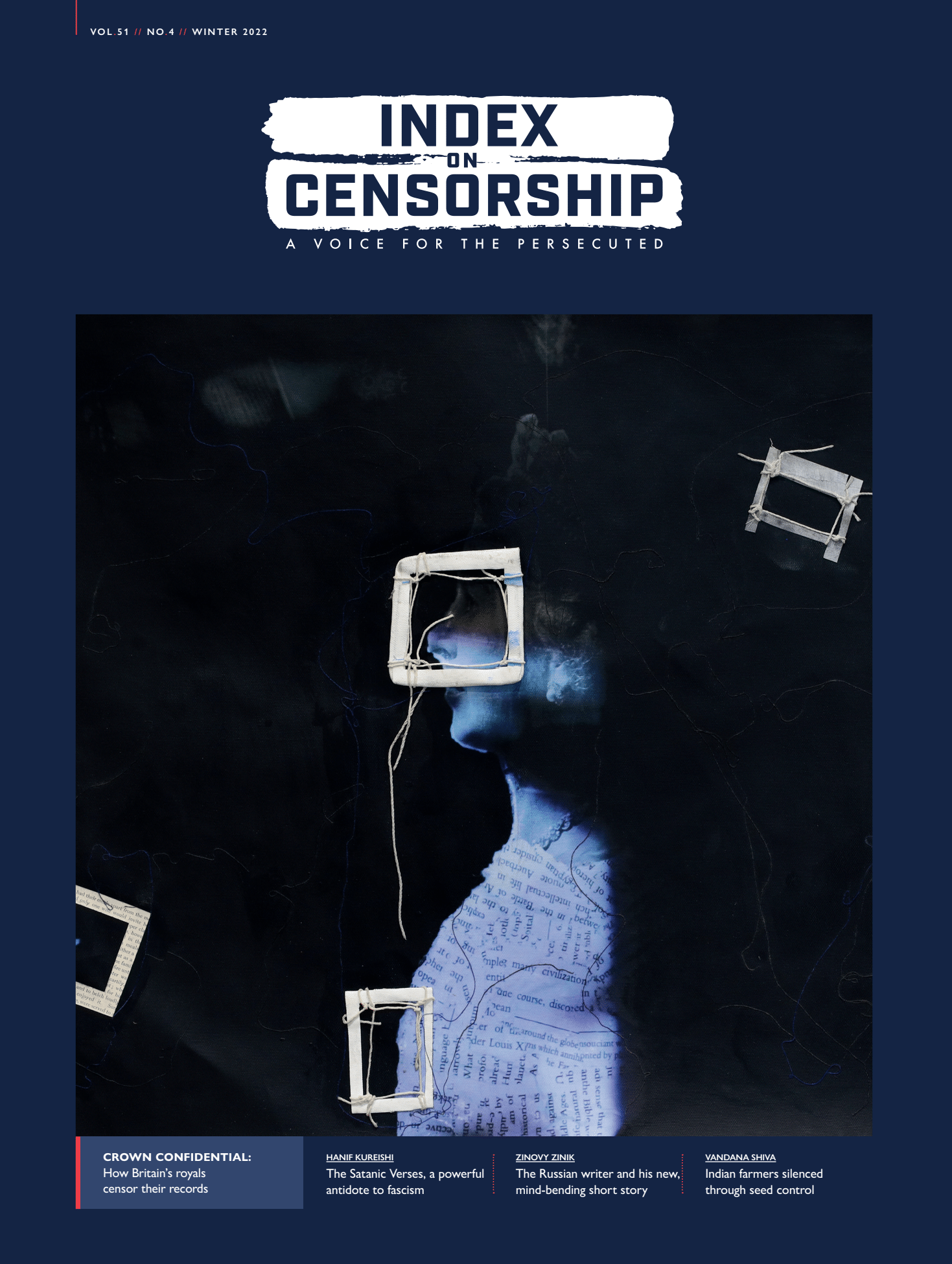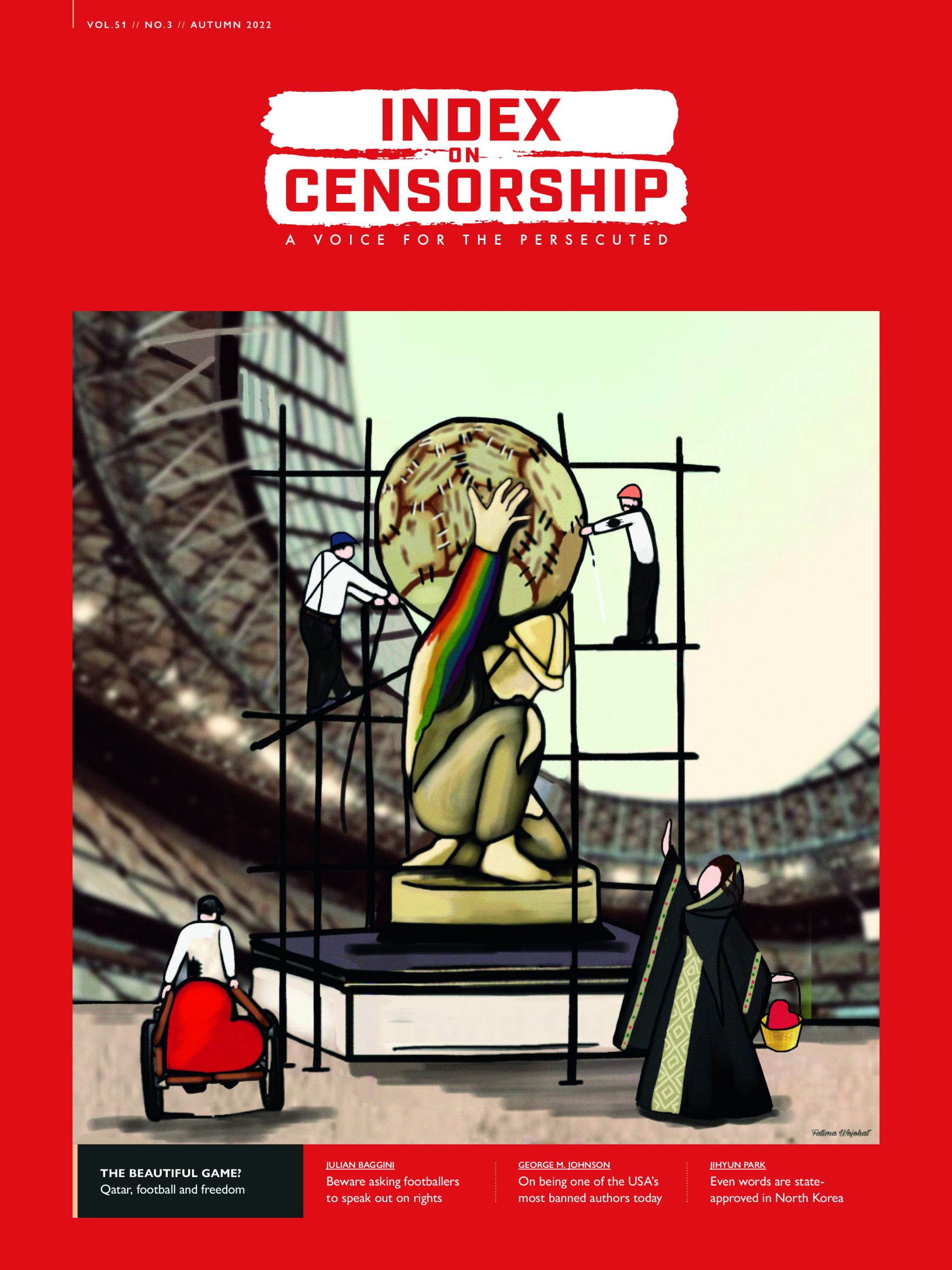Music has been described as a “cultural universal” – a practice found in all known human cultures and societies. While anthropologists still scratch their heads over exactly where the concept originated, evidence indicates that humans have used musical instruments for an astonishing 40,000 years.
During an excavation in 1995 in Slovenia, researchers discovered a bear’s femur bone with holes in it and concluded that it could be an ancient flute.
Humans have always found ingenious ways to make music, and it’s not difficult to see why. It is one of the most powerful forms of self-expression, capable of eliciting both intense happiness and sadness in the listener. It is used to celebrate, lament, respect and enrage, and its endless genres, styles and instruments form a core part of countries’ unique cultural heritages.
But despite its universality, music is being silenced globally. Religious extremism, political factions, racism and nationalism are all driving forces, stopping it being performed, produced and listened to. In this issue we explore how music bans have been weaponised to silence communities and erase histories.
FEATURING

Coco Fusco
Coco Fusco is an artist and writer based in New York. She is the author of Dangerous Moves: Performance and Politics in Cuba

Evgenia Kara-Murza
Evgenia Kara-Murza is an activist and campaigner and was named winner of the Trustees Award at the 2024 Freedom of Expression Awards

Malu Halasa
Malu Halasa is an author, editor and journalist, and was one of the first people to write about rap in the UK

